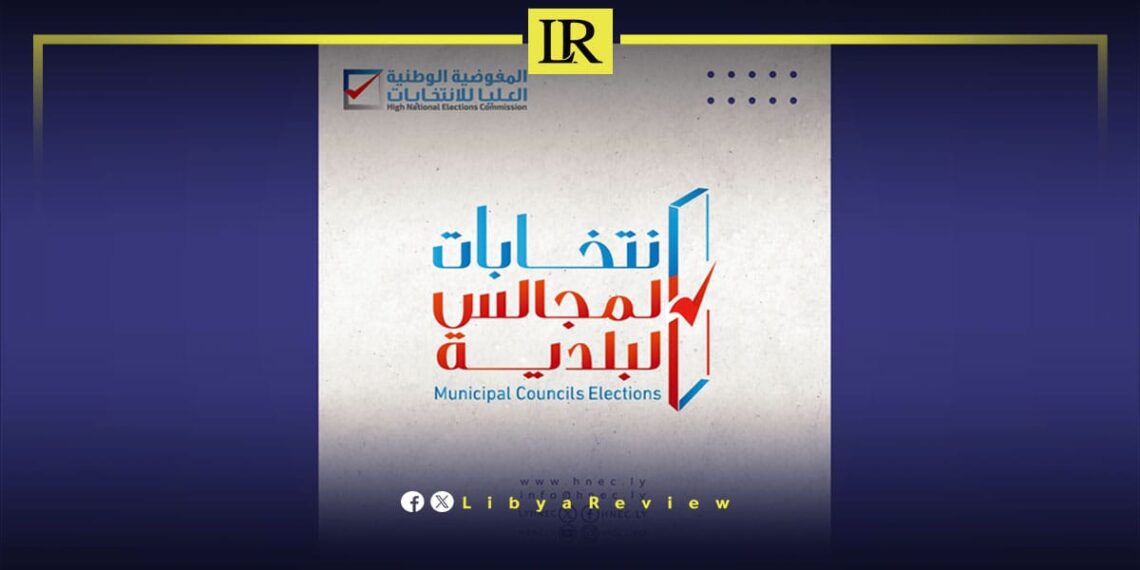The High National Elections Commission (HNEC) has formally endorsed the final results of the second group of municipal elections, covering 34 councils across Libya. The move marks the completion of the process in full compliance with the country’s legal framework, reinforcing transparency and credibility.
In a related decision, the commission also ratified the results of the Shuwairf Municipal Council, part of the first group of elections. Those results had previously been withheld following a ruling by Gharyan Primary Court, but were reinstated after due legal procedures were completed.
HNEC stressed that the certification of final results demonstrates its commitment to transparency and to consolidating democratic practices across the country. The commission underlined that municipal elections are a cornerstone for ensuring accountability at the local level and empowering communities.
According to the commission, voter turnout during the second group of elections stood at 72.41 percent, reflecting strong engagement from Libyan citizens in shaping local governance. The turnout is seen as a clear indication of the public’s trust in the electoral process, despite ongoing political complexities at the national level.
HNEC Chairman Emad Al-Sayah revealed that the third group of municipal elections is scheduled for the final quarter of 2025, with October or November as the most likely timeframe. Preparations are already underway to ensure smooth implementation of the next phase.
To support this process, HNEC’s board issued Decision No. 149 of 2025, forming committees to oversee the election of mayors for the newly elected councils in the second group. The decision was based on Article 47 of Executive Regulation No. 43 of 2023 and built upon Decision No. 147, which endorsed the final results of the municipal elections.
Under this framework, local electoral offices will announce the dates for mayoral elections in their respective municipalities. These elections are set to take place between 14 and 18 September 2025.
Observers note that the municipal election process is critical for advancing decentralisation and strengthening Libya’s fragile democratic institutions. By publishing results in a transparent manner and adhering to judicial rulings, HNEC has underlined its role as a key guardian of the democratic process.
International stakeholders, including the United States, have reiterated their support for Libya’s democratic path, emphasising that Libyan citizens “deserve free and fair elections” at both local and national levels.


